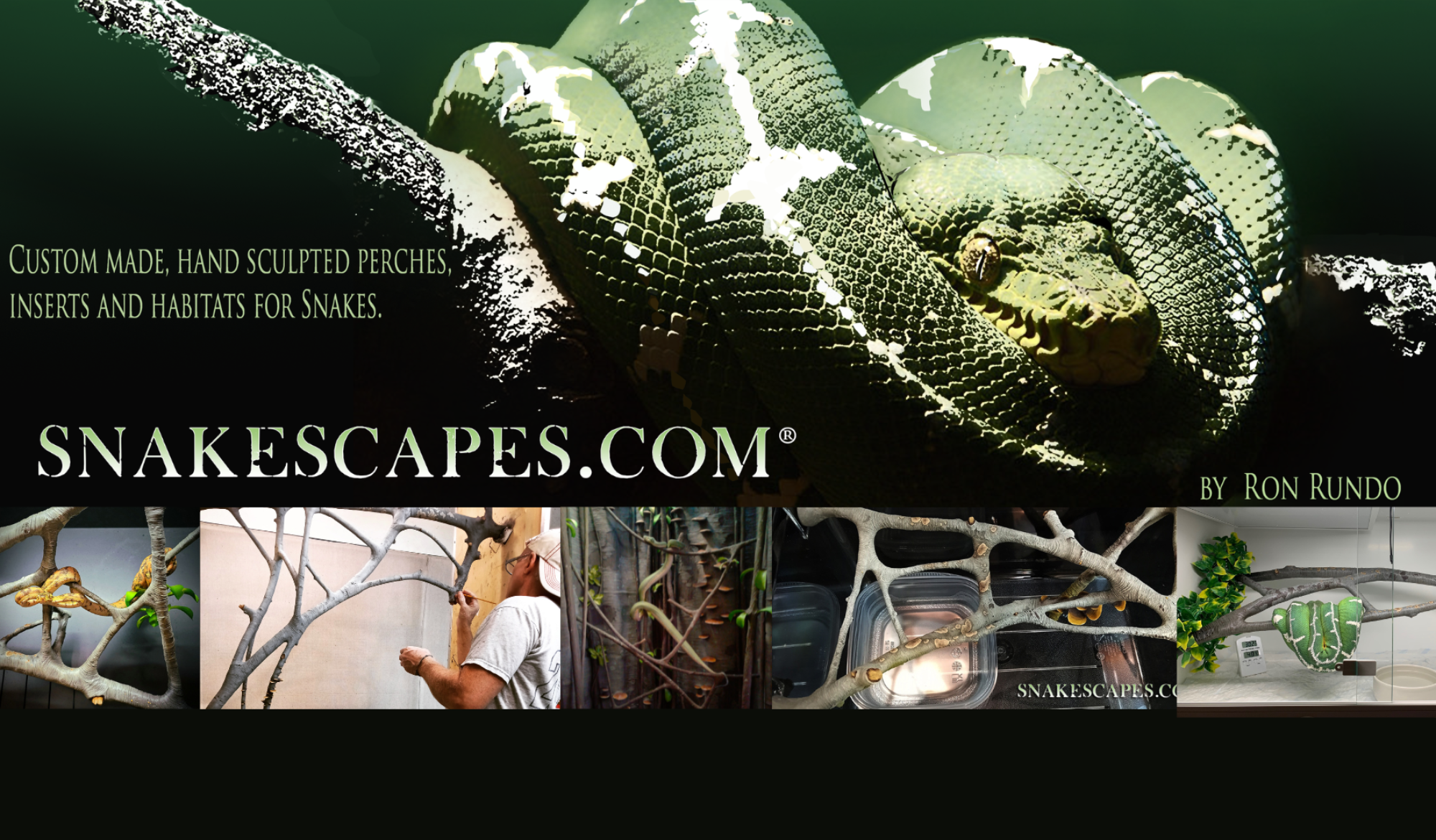Amazon Basin Boas, scientifically known as Corallus batesii, are captivating reptiles that hail from the lush rainforests of South America. These remarkable creatures make for incredible pets, but owning and caring for an Amazon Basin Boa requires a nuanced understanding of their habitat, behavior, and unique needs. In this blog post, we will explore valuable tips from a seasoned Reptile Curator, providing you with insights to ensure your Amazon Basin Boa thrives in captivity.
Understanding the Natural Habitat:
Before bringing an Amazon Basin Boa into your home, it’s crucial to comprehend their natural habitat. These boas are tree-dwelling snakes, preferring the high branches of tropical rainforests. Recreating this vertical environment in their enclosure is essential. Consider investing in tall enclosures with ample climbing opportunities, such as branches and vines, to mimic their native habitat accurately.
Temperature and Humidity Control:
Maintaining the right temperature and humidity levels is paramount for the health of Amazon Basin Boas. Reptile Curators recommend keeping the enclosure temperature between 78-82°F (25-28°C) during the day and slightly cooler at night. Additionally, maintaining a humidity level of 60-80% replicates their natural rainforest environment. Utilize high-quality thermometers and hygrometers to monitor and regulate these conditions effectively.
Diet and Nutrition:
Amazon Basin Boas primarily feed on small mammals and birds in the wild. When in captivity, it’s essential to provide a balanced diet. Reptile Curators suggest a diet consisting of appropriately sized rodents, such as mice and rats, offered every 2-4 weeks, depending on the snake’s age and size. Consult with a veterinarian or experienced curator to determine the right feeding schedule for your boa.
Handling and Enrichment:
Handling an Amazon Basin Boa requires patience and gentle approach. Regular, stress-free handling promotes socialization and reduces anxiety. Additionally, providing environmental enrichment, such as different textures, hiding spots, and even puzzle feeders, stimulates mental and physical activity, enhancing their overall well-being.
Health Monitoring and Veterinary Care:
Lastly, regular health check-ups with a reptile veterinarian are vital for the well-being of your Amazon Basin Boa. Routine examinations can help detect and prevent potential health issues. Reptile Curators emphasize the importance of observing your snake’s behavior, appetite, and skin condition daily to notice any signs of illness promptly.
In conclusion, owning an Amazon Basin Boa can be a rewarding and enriching experience when approached with knowledge and dedication. By following these tips from experienced Reptile Curators, you can create a thriving environment for your Amazon Basin Boa, ensuring they lead a healthy and content life in captivity. Remember, responsible ownership and continuous learning are key to providing the best care for these magnificent reptiles.
